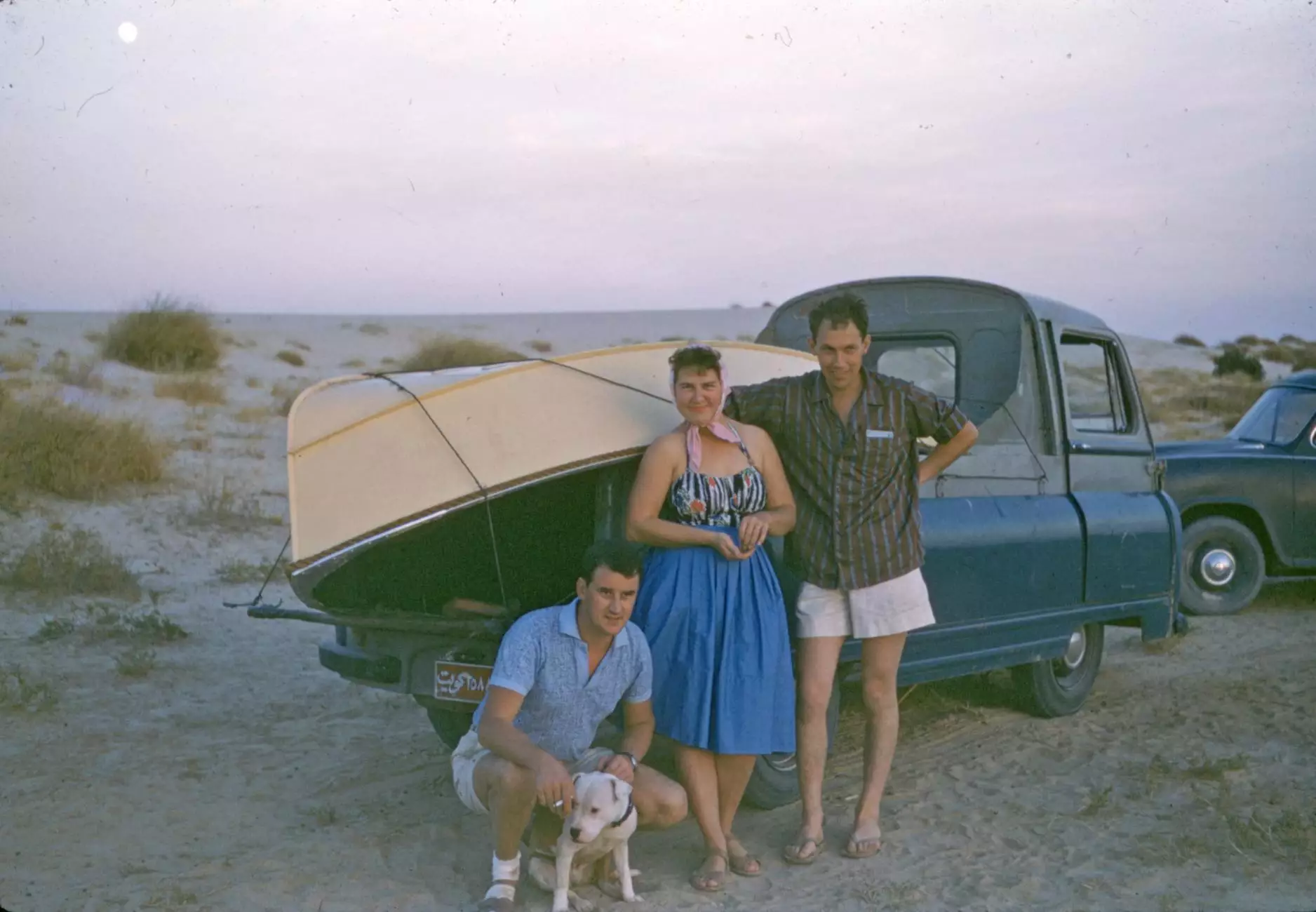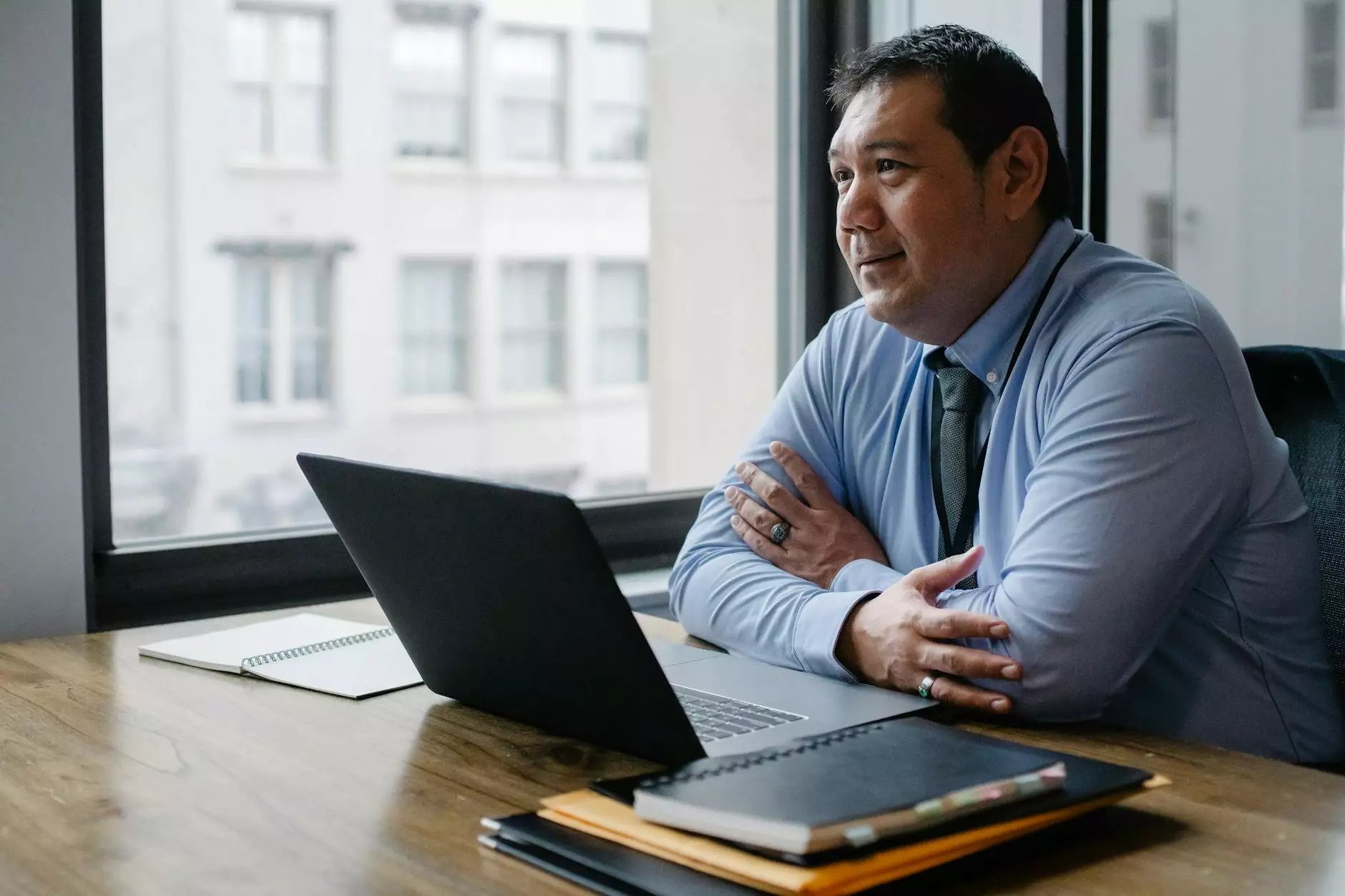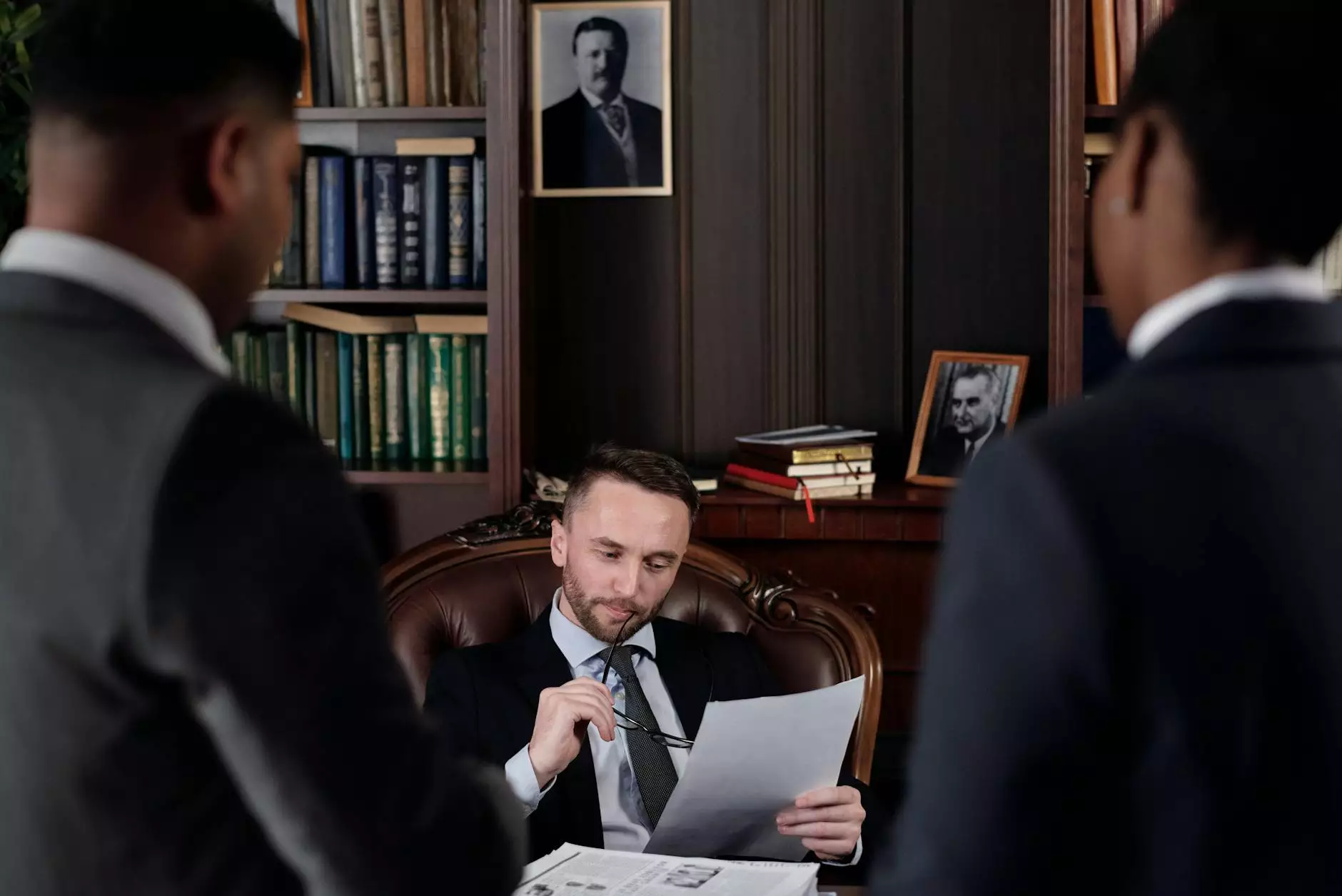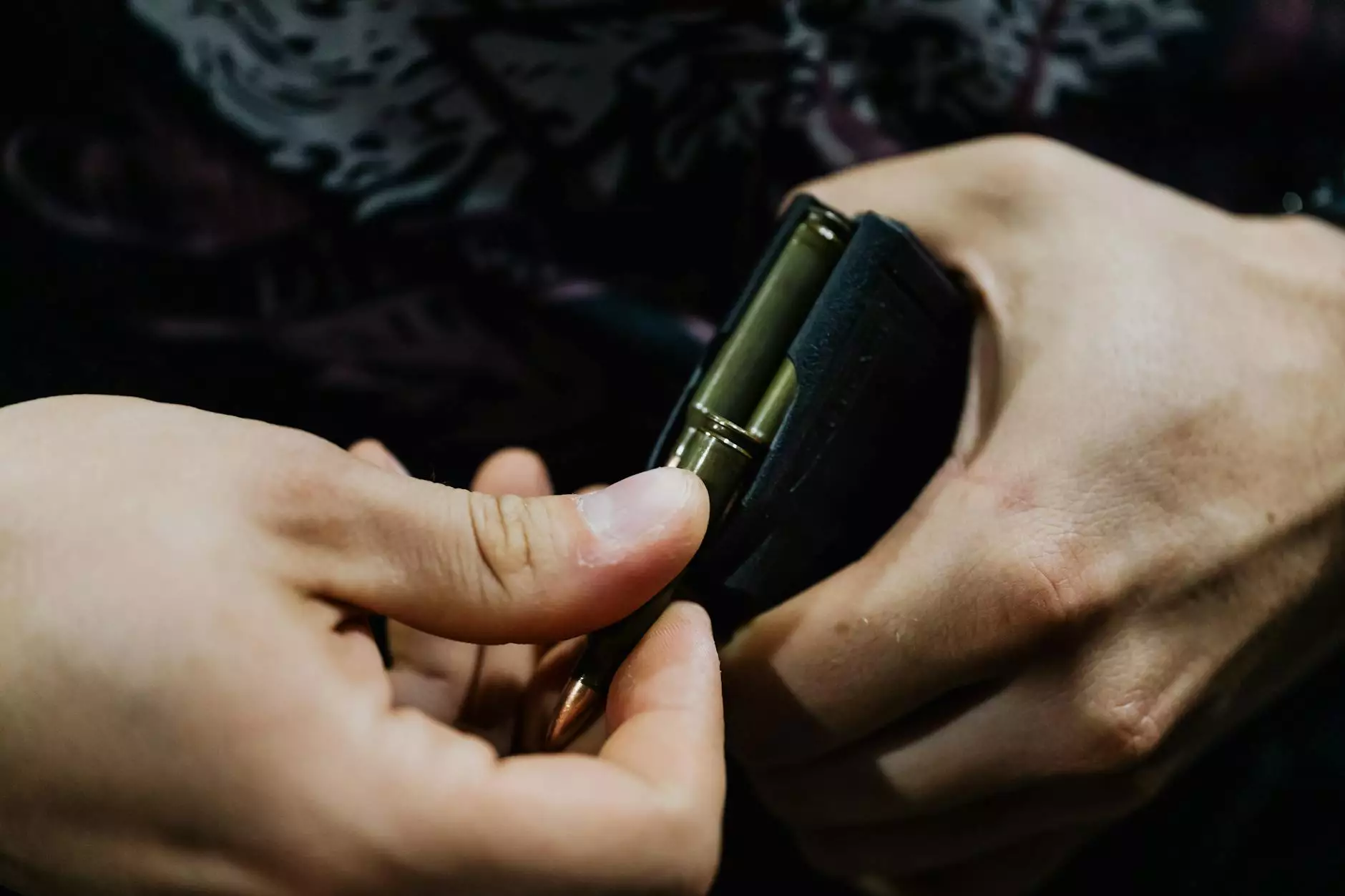License Your Music: Unlock New Revenue Streams

Music licensing is a crucial aspect of the music industry that often goes unnoticed by many artists, composers, and musicians. Understanding how to license your music can not only increase your fan base but also open up new avenues for revenue generation. Whether you are an established artist or an emerging talent, harnessing the power of music licensing can be transformative.
What is Music Licensing?
At its core, music licensing involves granting permission to third parties to use your music in various forms. This can include television shows, movies, commercials, video games, and online content. By licensing your music, you retain ownership while allowing others to use your work legally, often in exchange for a fee or percentage of earnings.
The Importance of Licensing Your Music
Licensing is vital for several reasons:
- Revenue Generation: Each time your music is used, you have the opportunity to earn money through licensing fees and royalties. This additional income can provide significant financial support for your music career.
- Exposure and Reach: When your music is licensed for use in films, advertisements, or popular online platforms, it can dramatically increase your visibility and reach new audiences.
- Creative Control: Licensing allows you to specify how and where your music is used, giving you a level of control over your artistic vision.
- Building Relationships: Engaging with licensing can help you build valuable connections within the industry, from music supervisors to filmmakers and brand marketers.
Types of Music Licenses
There are several different types of music licenses that you can consider:
1. Sync License
Sync licenses are required when your music is used in synchronization with visual media, such as films, TV shows, or commercials. This type of license often entails a one-time fee or a royalty agreement based on the usage of the music.
2. Mechanical License
A mechanical license is necessary for the reproduction of music, typically when your song is covered by another artist or included in physical formats like CDs or vinyl records. This license usually pays royalties for each copy sold.
3. Performance License
Whenever your music is performed in public, whether live or through digital platforms, a performance license is required. Organizations like ASCAP or BMI help collect these royalties on behalf of the artists.
4. Master License
This type of license pertains to the actual recording of the song rather than the composition itself. It is necessary if another party wants to use your recorded version of a song.
Steps to License Your Music
Licensing your music may seem daunting, but breaking it down into actionable steps can facilitate the process:
Step 1: Understand Your Rights
Before you can license your music, you need to understand what rights you hold. Typically, if you’ve written and recorded your music independently, you own both the composition and master rights.
Step 2: Register Your Music
To protect your music and assert your rights, register your works with relevant copyright offices and societies like the Copyright Office and performance rights organizations. This ensures you can legally enforce your rights if necessary.
Step 3: Choose Your Licensing Strategy
Decide whether you want to pursue licensing on your own, which offers higher earnings but requires more effort, or work with a music licensing company or publisher. Each route has its pros and cons.
Step 4: Promote Your Music
To maximize chances of licensing, actively promote your music to film producers, advertising agencies, and music supervisors. Build a professional portfolio showcasing your best work, and maintain an online presence.
Step 5: Negotiate Terms and Finalize Agreements
Once you attract interest, negotiate the terms of your license. Pay attention to the duration, exclusivity, compensation, and the responsibilities of each party. It’s advisable to work with a lawyer or an agent during this stage.
Benefits of Working with a Music Licensing Agency
If the licensing process feels overwhelming, collaborating with a dedicated music licensing agency may be beneficial. Here’s why:
- Expertise: These agencies have industry knowledge and connections that can help you get your music placed more easily.
- Time-Saving: They handle the intricacies of the licensing process, allowing you to focus on what you do best: creating music.
- Aggressive Promotion: Agencies often have established relationships with potential licensees and can aggressively promote your music within their networks.
- Legal Protection: They can ensure that your agreements follow all legal guidelines, protecting your rights as an artist.
Case Studies: Successful Music Licensing Examples
Many artists have successfully licensed their music, demonstrating its power:
1. “Stay” by Rihanna
This track found immense success not just commercially, but was also used in several significant advertising campaigns and TV shows, boosting its visibility and generating substantial royalties for its writers.
2. “Somebody That I Used to Know” by Gotye
After being featured in various TV shows and commercials, this song gained massive popularity. The artist's strategic approach to licensing proved essential to his success.
Leveraging Technology for Music Licensing
In today’s digital age, technology has transformed how artists license their music. Platforms such as royalti.io offer innovative solutions for music licensing, making it more accessible.
These platforms help artists catalog their works, connect with potential licensees, and manage licensing agreements seamlessly, all while ensuring that artists receive fair compensation.
Conclusion: Start the Journey to License Your Music
In conclusion, understanding how to license your music can be a game-changer for your music career. With the immense potential for revenue and exposure, it is worth investing time and effort into learning the ins and outs of music licensing. By following the outlined steps, exploring different types of licenses, and possibly collaborating with a licensing agency, you can effectively navigate this essential part of the music industry.
Remember, every note, beat, and lyric can become a source of income and recognition when you embrace the power of music licensing. Start today and unlock the true potential of your music!









